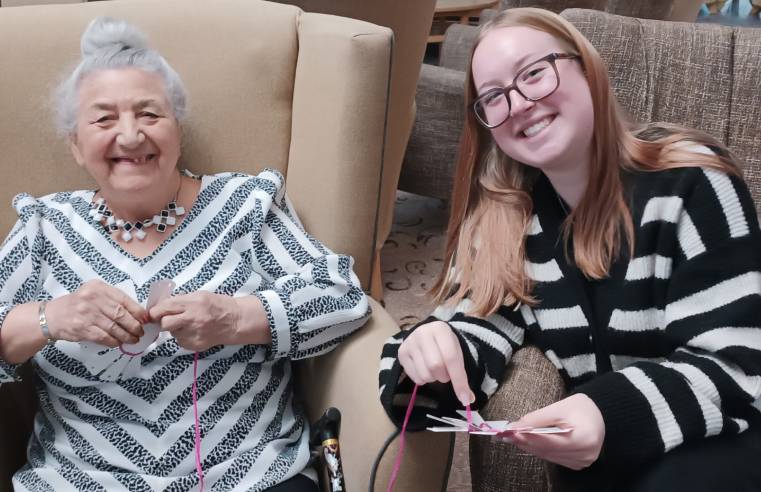Care workers who provide personal and domestic care to older people with dementia in their own homes are at risk of feeling under emotional strain and some don’t get as much support as they need, according to a new study.
Researchers at Kingston University and King’s College London explored some of the pressures facing home care workers in London and the South East of England. They found that, while managers and home care workers had clear ideas of what their professional boundaries should be, home care workers sometimes found themselves crossing that line, or being asked to take on tasks beyond their job role.
The researchers interviewed 30 home care workers and 13 managers, and found that some home care workers find it difficult to refuse requests to carry out extra tasks from their client’s families, particularly if there is a strong emotional attachment. Home care workers juggle a desire to be compassionate and helpful, with maintaining professional boundaries.
Dr Tushna Vandrevala, Health Psychologist and Senior Lecturer at Kingston University’s School of Social and Behavioural Sciences and part of the research team, said: “Many are torn between their professional role and wanting to go beyond that to help the person they have grown attached to. They are often supporting clients’ families and their emotions, and this can be very difficult – sometimes placing considerable emotional and mental strain on themselves.”
The research team recommends more discussion with home care workers and their managers about what can be done to support staff. The need for this support might be growing as more people with dementia want to stay at home.
In addition to the emotional pressures home care workers might face on a daily basis, a small number of those who had looked after people with dementia revealed that they sometimes felt vulnerable working in people’s own homes. While acknowledging that policies are not able to reduce feelings of vulnerability completely, the researchers found some care workers thought that more employer support could help reduce these risks.
This research was funded by the Dunhill Medical Trust and undertaken in partnership with study lead Professor Jill Manthorpe and Dr Kritika Samsi from the Social Care Workforce Research Unit at King’s College London.
Read the full research paper here.


























